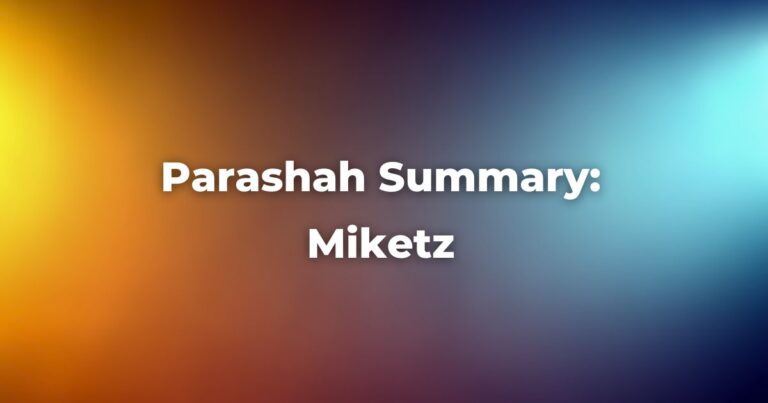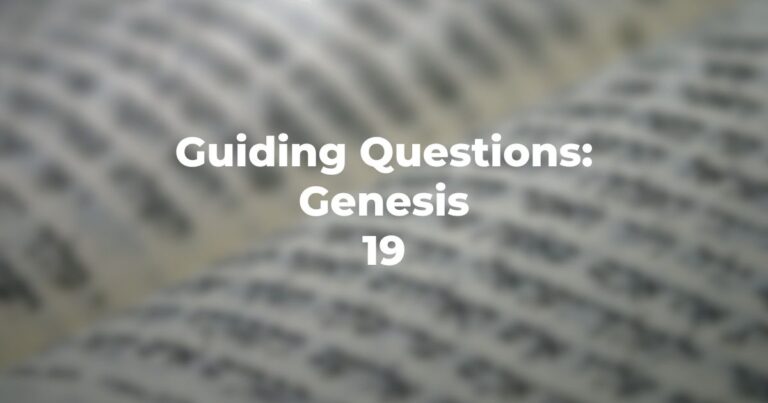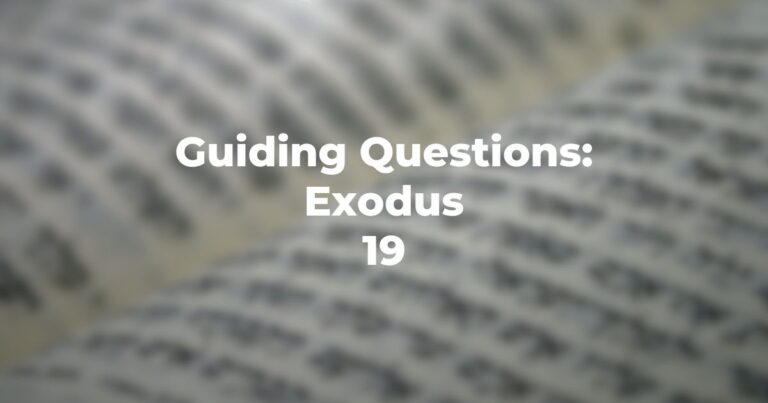- Bildad’s opening remarks appear unduly harsh (Job 8:2). How can they be justified?
- How does Bildad justify the death of Job’s children (Job 8:3-4)? Are his rhetorical questions in accord with traditional Jewish theology?
- How do you react to Bildad’s assurance of God’s reward (Job 8:5-7)? Is that in accord with traditional Jewish theology?
- Where is there precedent in the TorahRefers to the first five books of the Hebrew Bible, the Tanakh, also called the Five Books of Moses, Pentateuch or the Hebrew equivalent, Humash. This is also called the Written Torah. The term may also refer to teachings that expound on Jewish tradition. Read more for Bildad’s admonitions in Job 8:8 and Job 8:10? See Deuteronomy 32:7.
- Where is there an echo in Psalms of Bildad’s parenthetical statement in Job 8:9? See Psalms 9.
- What is the point of Bildad’s use of papyrus and rushes as metaphors (Job 8:11-13)?
- What is the character of “a thread of gossamer” and “a spider’s web” and why are they used as metaphors (Job 8:14)?
- What kind of house is described in Job 8:15? Is this metaphor parallel to the preceding?
- What is the image presented in Job 8:16?
- Who or what is saying, “I never saw you” (Job 8:18) and what does it imply?
- What is the tone of the comment, “Such is his happy lot” (Job 8:19)?
- Does Bildad’s assurance sound convincing (Job 8:20-22)? Does he seem sincere?
- Compare and contrast Bildad’s speech with that of Eliphaz in Job 5 and Job 6.
Author
-

Exploring Judaism is the digital home for Conservative/Masorti Judaism, embracing the beauty and complexity of Judaism, and our personal search for meaning, learning, and connecting. Our goal is to create content based on three core framing: Meaning-Making (Why?), Practical Living (How?), and Explainers (What?).
View all posts





